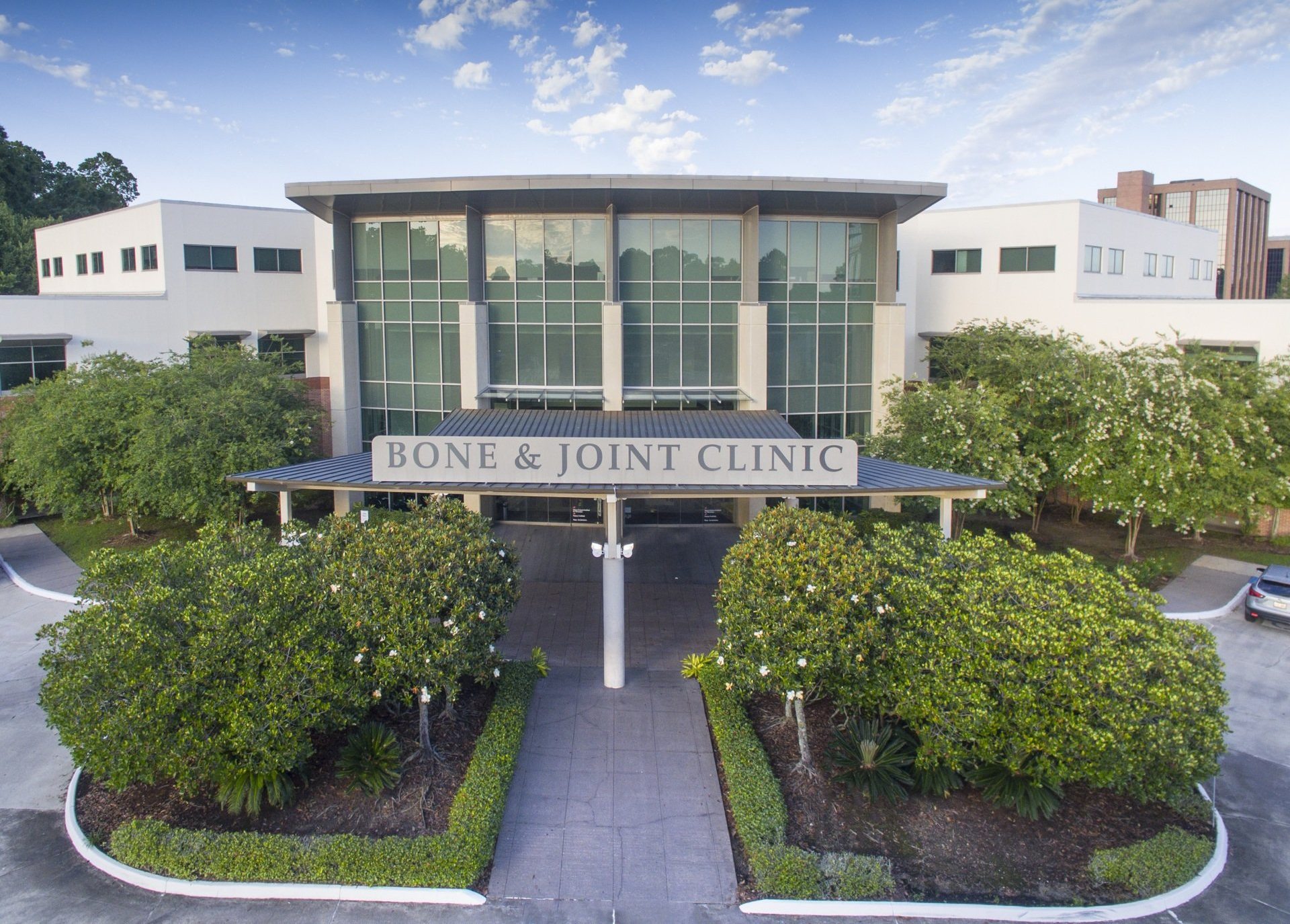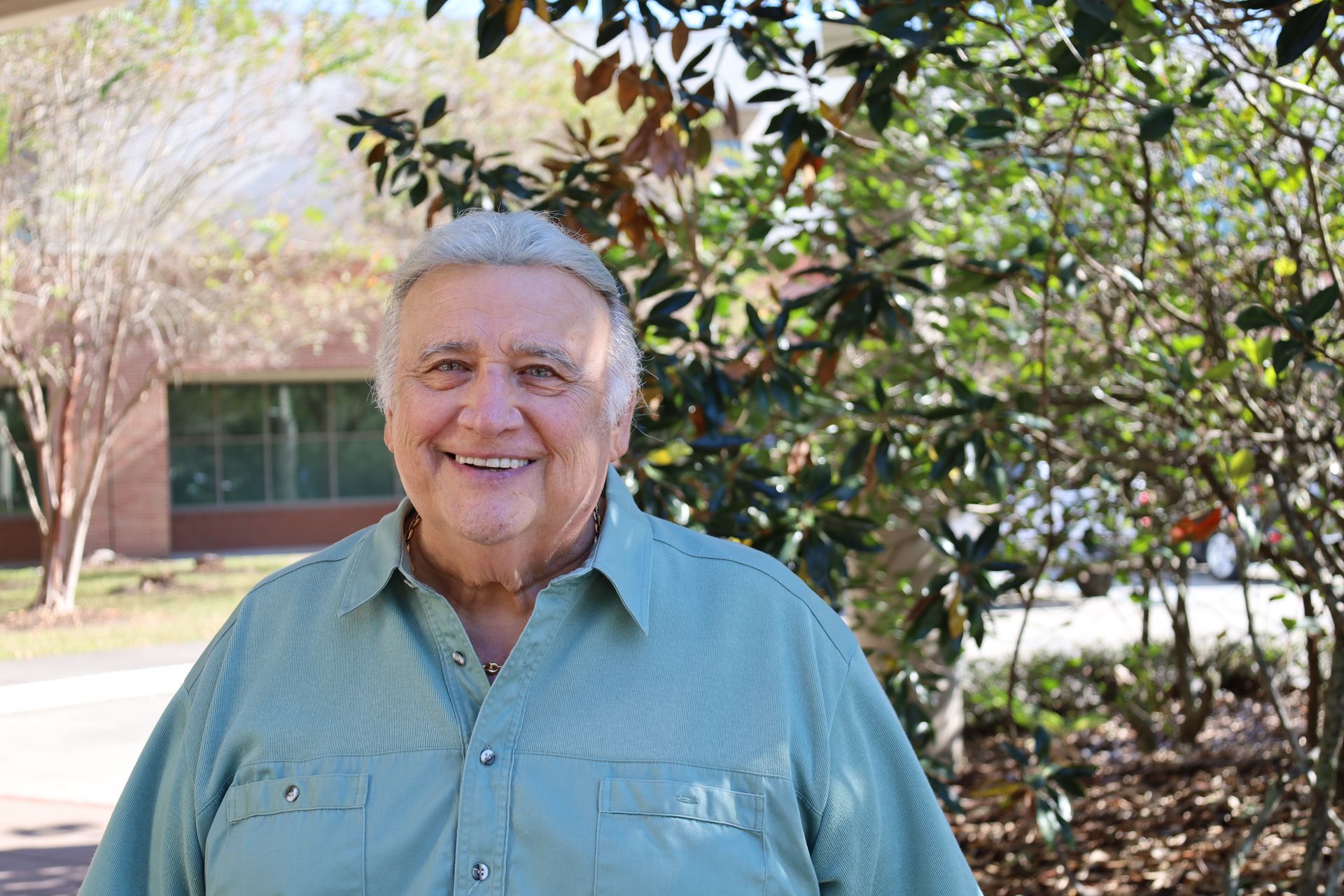The word “frozen” can conjure many positive thoughts – like a certain magical ice princess or the best way to enjoy a margarita on a hot day. For some, though, the thought of “frozen” hits too close to home … on their shoulder, to be exact.
Adhesive capsulitis – commonly referred to as frozen shoulder – occurs when pain and stiffness build over time and leave the shoulder virtually immobile. It can take a while, but there are several ways to treat this common ailment and “Let It Go” for good.
Causes and Symptoms of Frozen Shoulder
Frozen shoulder typically occurs in people ages 40 - 60 and tends to be more common in women. It can take between two and nine months to develop, but it usually starts with some kind of injury like a fracture, or inflammation of the soft tissues in the shoulder due to overuse conditions like bursitis or tendinitis.
When shoulder injury or inflammation causes pain, the shoulder’s range of motion becomes limited. This then causes the glenohumeral joint (or joint capsule) to contract and lose its usual capacity to stretch. Avoiding movement due to pain only makes this contraction worse and results in loss of lubricating fluid as well as space for the humerus (your upper arm bone) to move.
The main symptoms of frozen shoulder are pain, stiffness and limited range of motion.
Treatment of Frozen Shoulder
There are several at-home techniques for treating symptoms of frozen shoulder, but seeking guidance from an orthopedic physician first is recommended. Through an examination and testing, they will be able to determine the best course of action to relieve pain and release the shoulder back into its normal range of motion. Treatment for frozen shoulder can include:
- Stretching exercises
- Medicine like NSAIDs (non-steroidal anti-inflammatory drugs) like aspirin and ibuprofen
- Orthopedic physical therapy
- Steroid injections
- Surgery in rare cases
Orthopedic Therapy for Frozen Shoulder
Frozen shoulder can be a frustrating, painful, and debilitating condition. While patience and time are a necessity to overcome adhesive capsulitis, there are also steps that an orthopedic physician can take to help progress healing, improve comfort and shorten the process. If you are suffering from the signs and symptoms of frozen shoulder, contact Bone and Joint Clinic of Baton Rouge to learn how our team of specialists can help.




